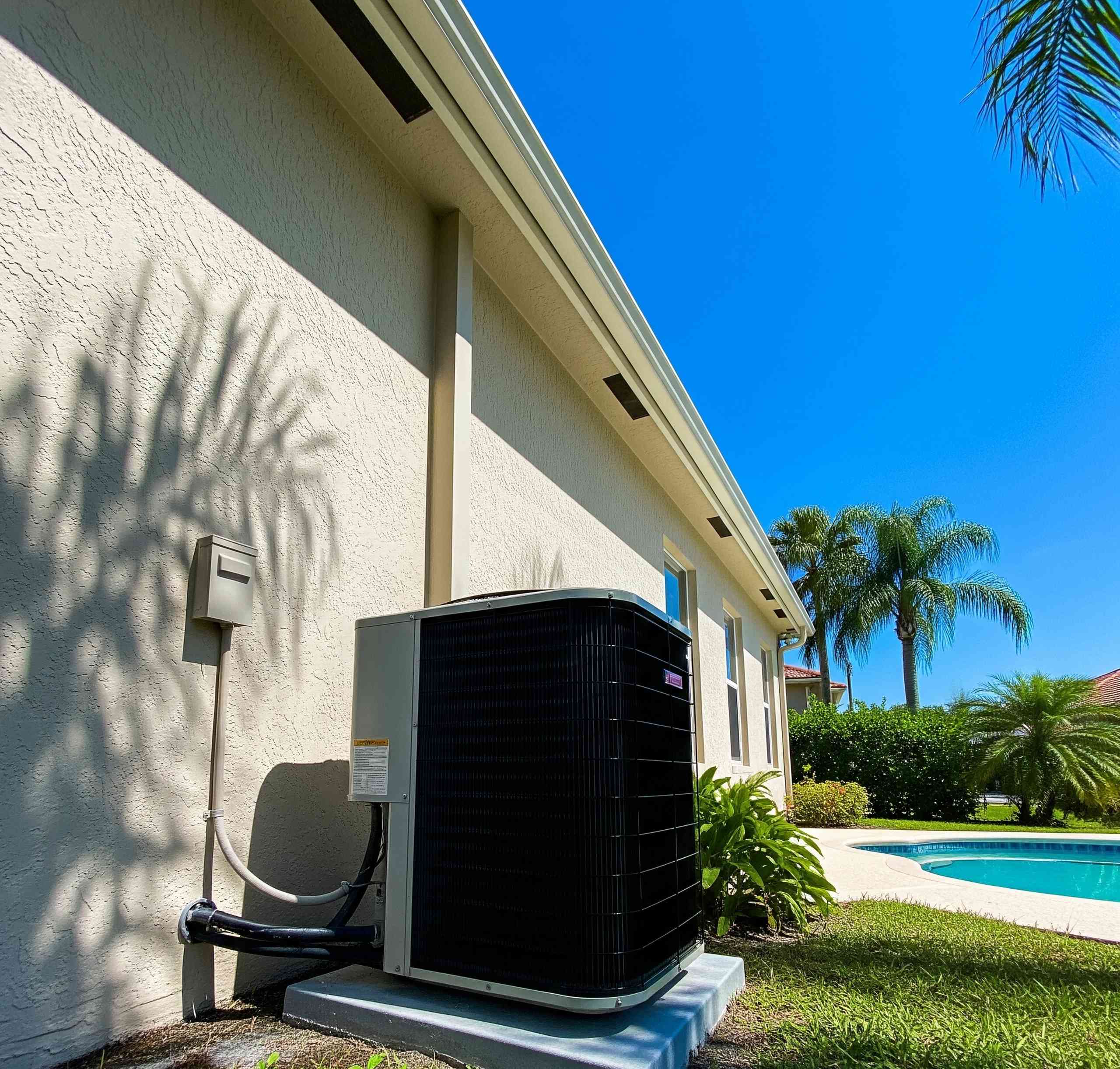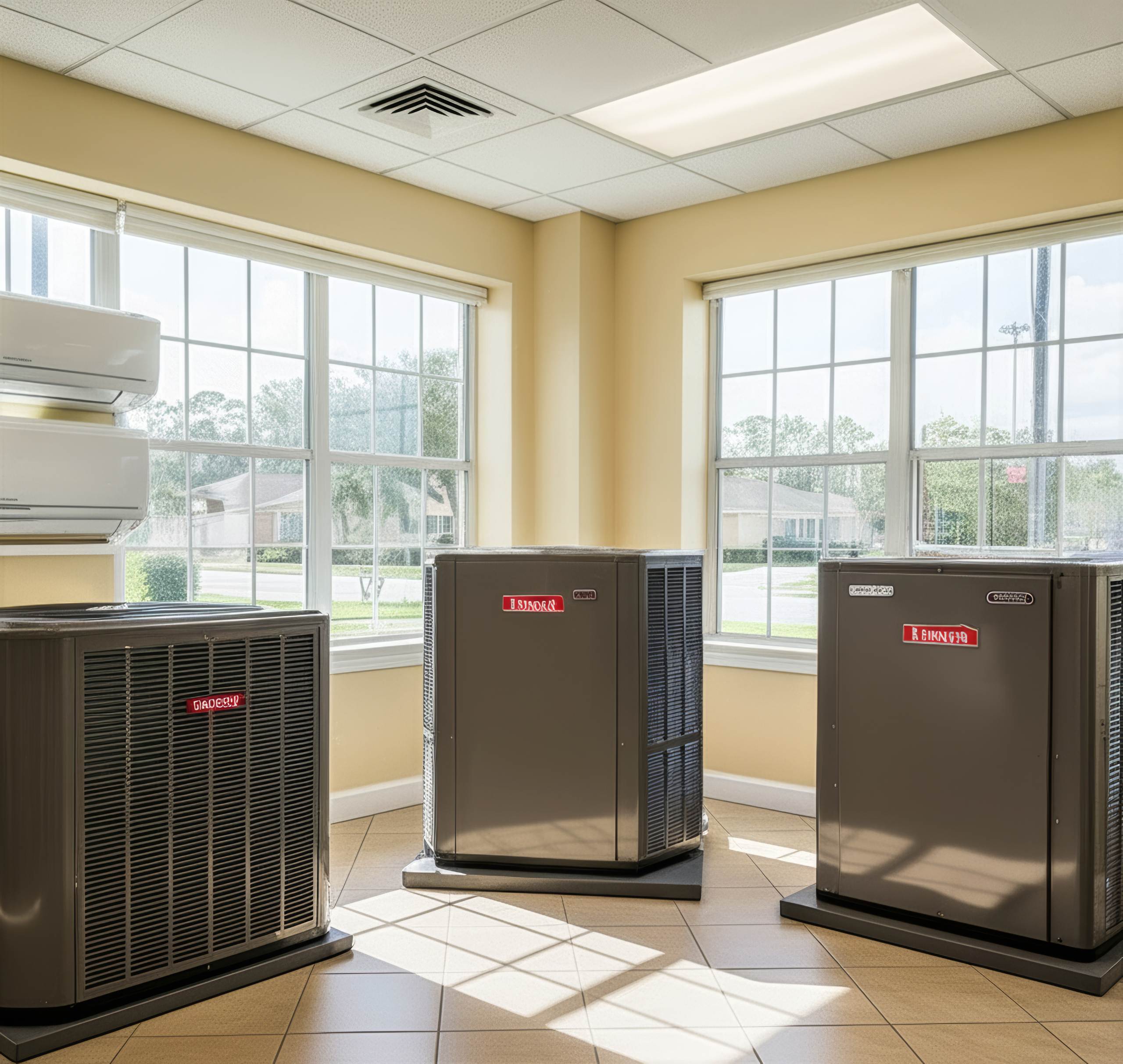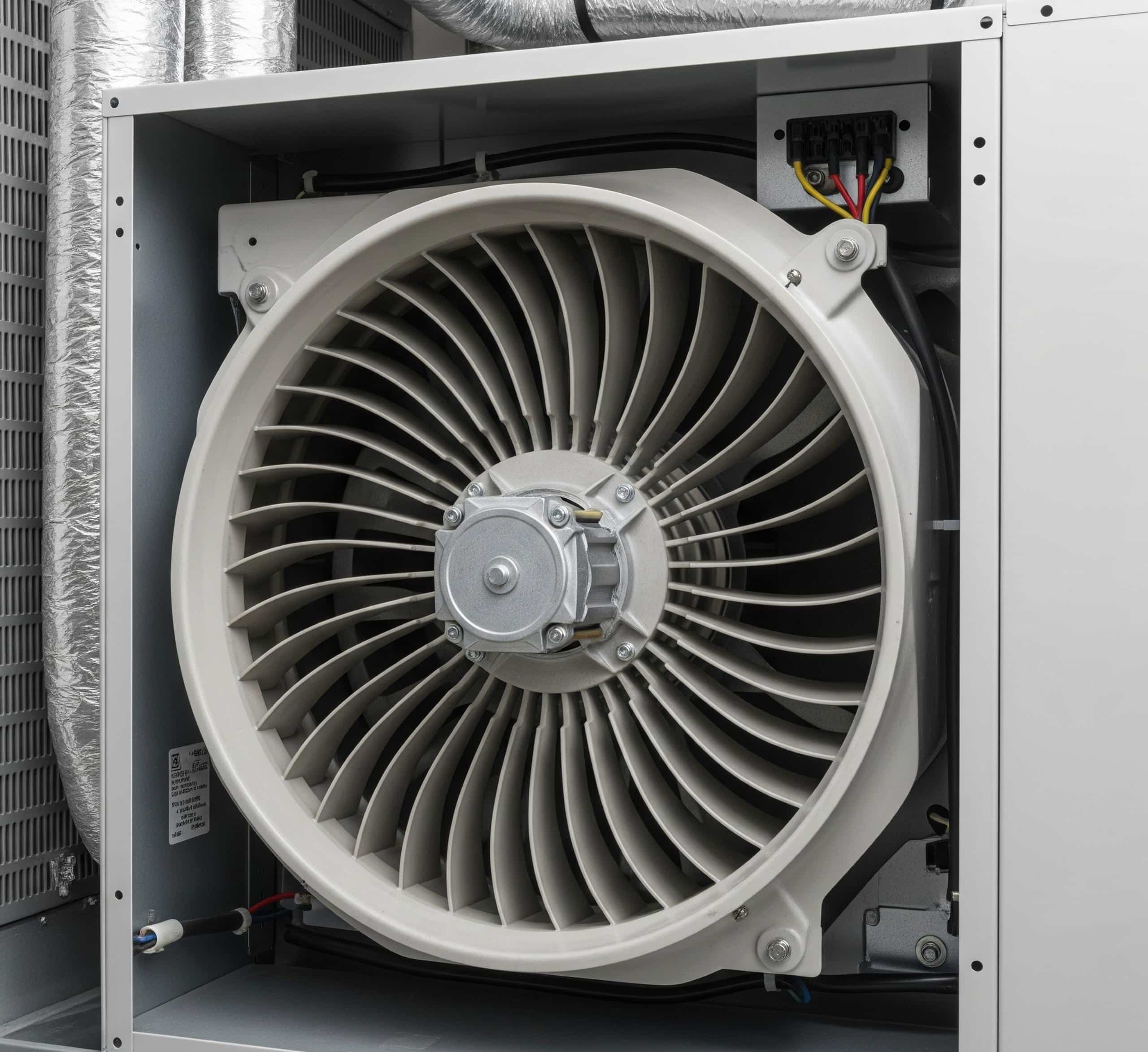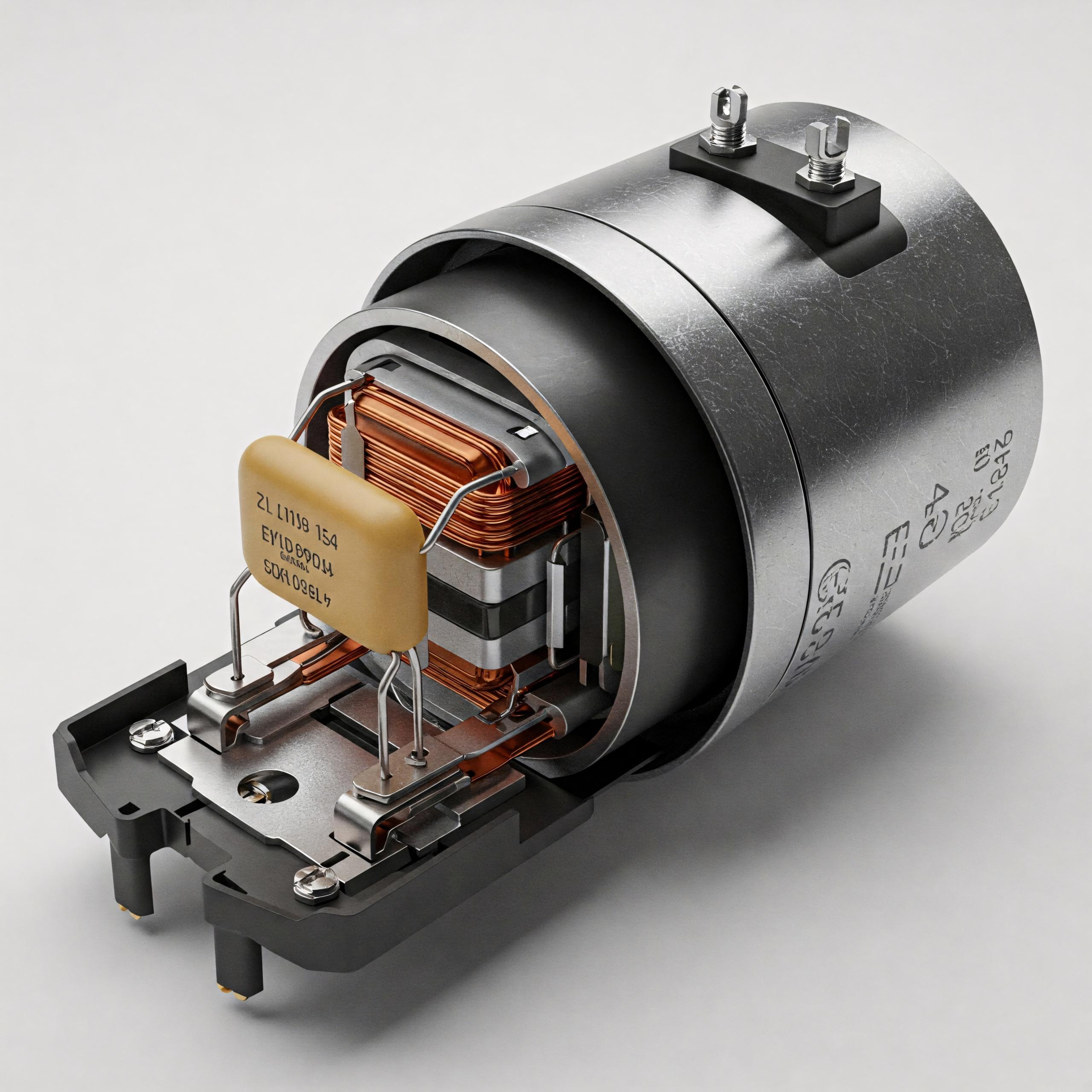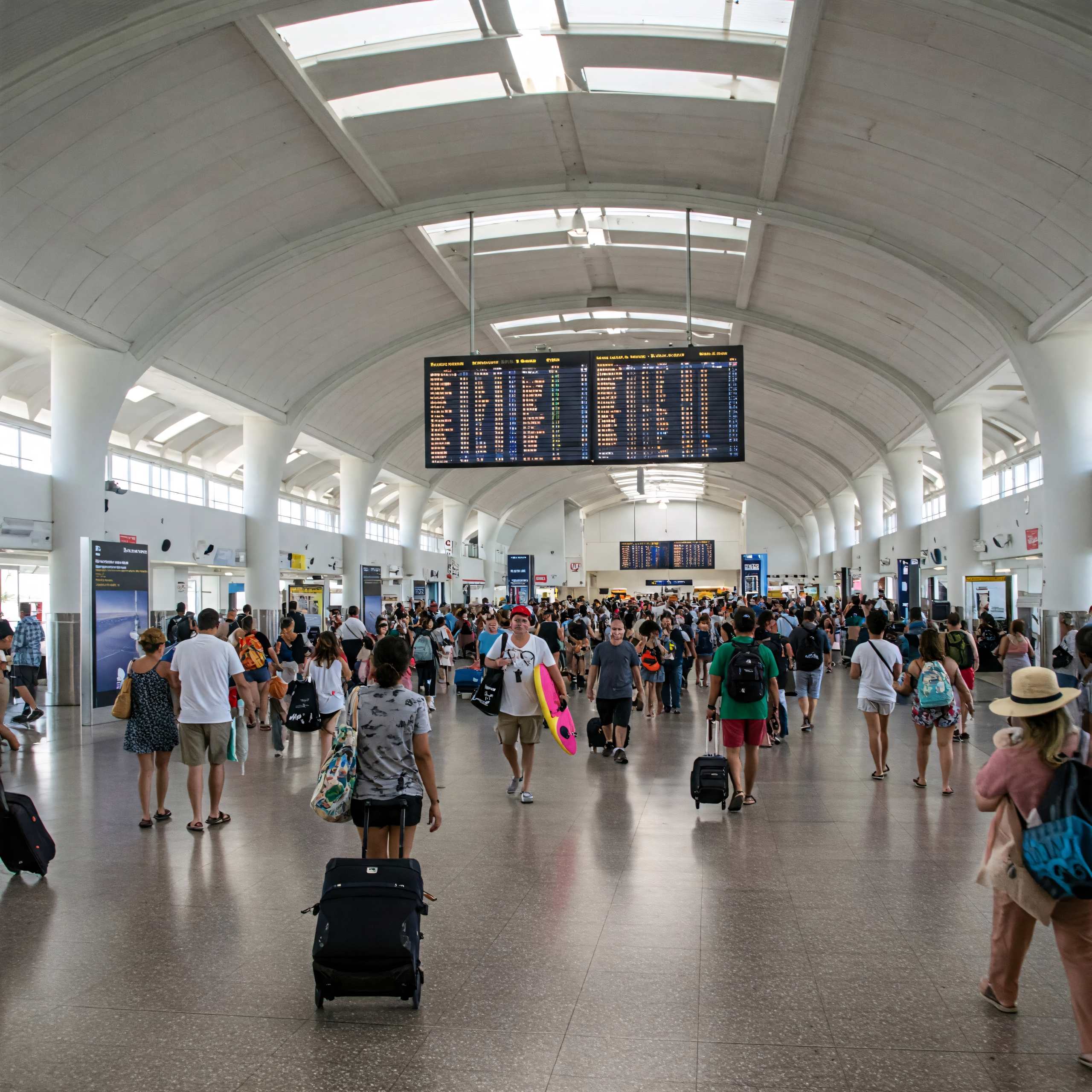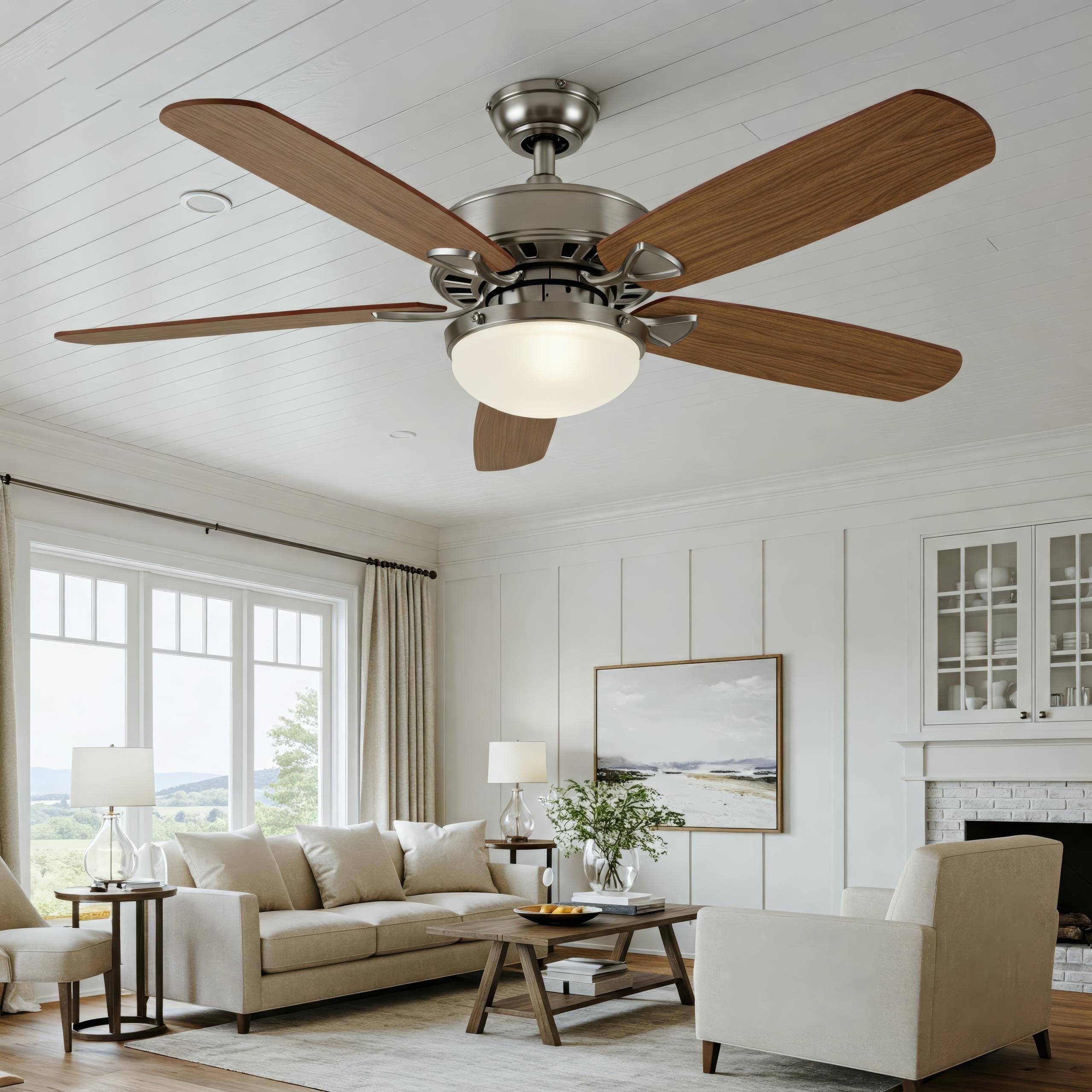Keeping the AC on all day doesn’t mean that the system should be actively cooling your house all day. It should “rest” after completing a cooling cycle.
If you’re concerned that your AC is running for too long or not long enough, understanding more about the length of normal AC cooling cycles can help.
Cooling performance depends on multiple factors and a properly installed, well-maintained air conditioning system will adjust to the conditions. So, there is no single right answer to how long an AC should run for in Florida homes. Most obviously, the cooling cycle will be different between 70-degree and 90-degree days.
It’s helpful to know what factors impact AC cooling cycles so that you can ensure the right size unit(s) is installed in your home and it performs optimally. Running for too long or too short a period can impact the comfort levels of your family.
Let’s take a closer look at how long an AC system should run and the factors that affect this…
How long should AC run?
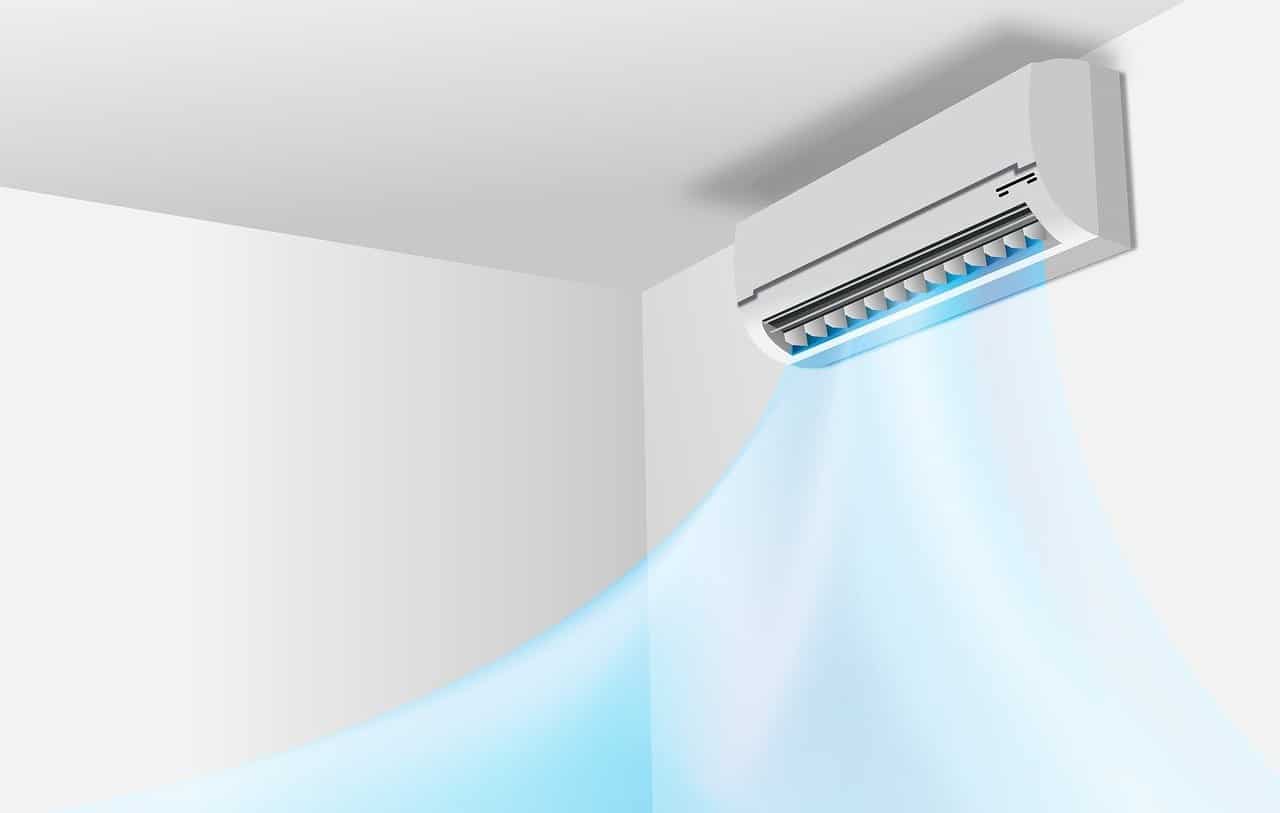
The length of an air conditioning cooling cycle refers to the time the unit takes to cool the spaces in your home. Air conditioners shouldn’t generally work all the time unless the thermostat is set to “fan on” (inadvisable).
A correctly sized and well-maintained AC system should run for 15 to 20 minutes, two or three times every hour—with longer cycles in the higher temperatures of summer. The higher the outside temperature, the longer the cycles to cool your home to the desired level, all else being equal.
The latest high-tech, energy-efficient air conditioning systems are designed to maintain a good temperature setting and to regulate comfortable humidity levels in your home without going too much above or below the desired levels.
Normally, an AC system should “rest” after cooling—until the temperature edges up again above that set on the thermostat. Bear in mind that “normal” conditions in Florida with our heat and humidity are not the same as “normal” conditions in cooler parts of the country. This complicates the equation.
If your AC is short cycling, it may start and stop as many as 6-10 times per hour. This is wasting energy. If the cooling cycles are ultra-long, this can also lead to unwanted issues. Let’s consider this in a little more detail…
STAY COOL ALL YEAR ROUND WITH ONE WAY AIR…
The team at One Way Air installs, services, and repairs all types of air conditioning systems in Southwest Florida. Get in touch with us here for a quote or call 239-233-4356 in emergencies.
What factors affect how long AC should run?
With so many different air conditioners on the market and every Florida home slightly different, it can be challenging to get to grips with the ideal run times for ACs.
Familiarizing yourself with the following factors that impact the “normal” cooling cycle of an AC system could help you analyze your AC unit’s performance:
Is your AC the correct size?
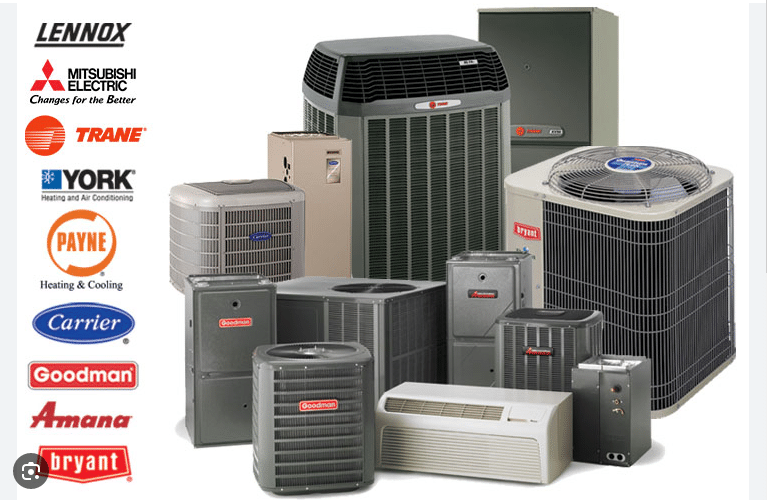
The AC should be sized correctly for your home, which normally means taking into account the square footage, insulation levels, the number of windows, and the number of occupants in your home.
An average-sized home in Florida (1,960 square feet) generally requires around a 3.5-tonne air conditioning unit, which translates to around 42,000 BTU.
If your AC runs and cuts off rapidly, it may be too large for your home, cooling it too quickly. This results in an inefficient use of energy, poor control of humidity levels, and likely inflates your monthly electricity bills.
An air conditioner that is too small will struggle to cool your home and may run at full capacity for far too long (well over 20 minutes at a time) because it doesn’t make efficient use of energy. This will place extra burden on the unit and over an extended period, shorten its life and lead to more AC repairs.
An oversized or undersized AC is not only bad for the wallet but it will affect comfort levels too.
The outside temperature
The hotter the outside temperature, the longer your air conditioner needs to run to reach the desired temperature set on the thermostat—especially if the humidity is high as is often the case in Florida.
Again, professional repairs or replacement may be required sooner rather than later to prevent wider damage to your home’s cooling system.

If your AC runs for longer on hot summer days, this is normal but if it shows other signs of struggle, it may need an AC tune-up to help it cope with the high temperatures.
The thermostat settings
The thermostat’s job is to communicate with the air conditioning system about your desired temperature in the home—essentially when to start up and when to switch off.
If you set the temperature very low, it will take more work for the air conditioner to cool the rooms in your home, especially in the summer. On the hottest Florida days, the system may struggle to reach the required temperature unless the AC is correctly sized and well-maintained.
This could mean that it runs longer and takes fewer “breaks”, potentially causing extra wear and tear on the unit and increasing electricity bills. If you can, raise the temperature on the thermostat by a degree or two to ease the burden—even one degree makes a difference.
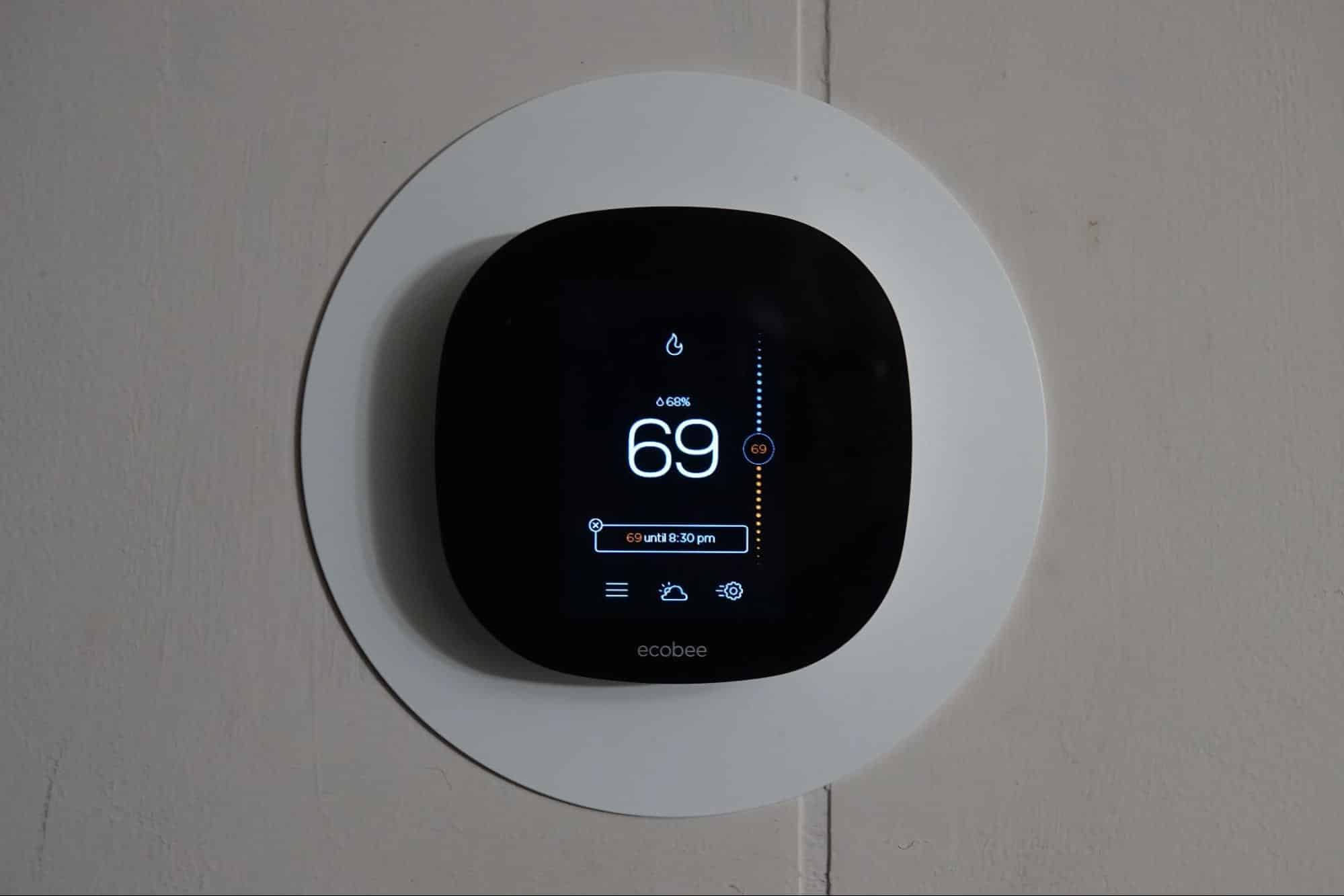
How well your home is insulated
Poor insulation, which is often found in older homes, affects how efficiently your home cools down when the AC is running.
if weaknesses in the insulation allow cold air to escape, the air must be replaced by more cold air to reach the desired temperature, so the AC will run longer and waste energy in doing so.
More modern homes generally have better quality insulation but an HVAC professional can help assess the efficacy of the insulation in your home and whether you could benefit from an upgrade.
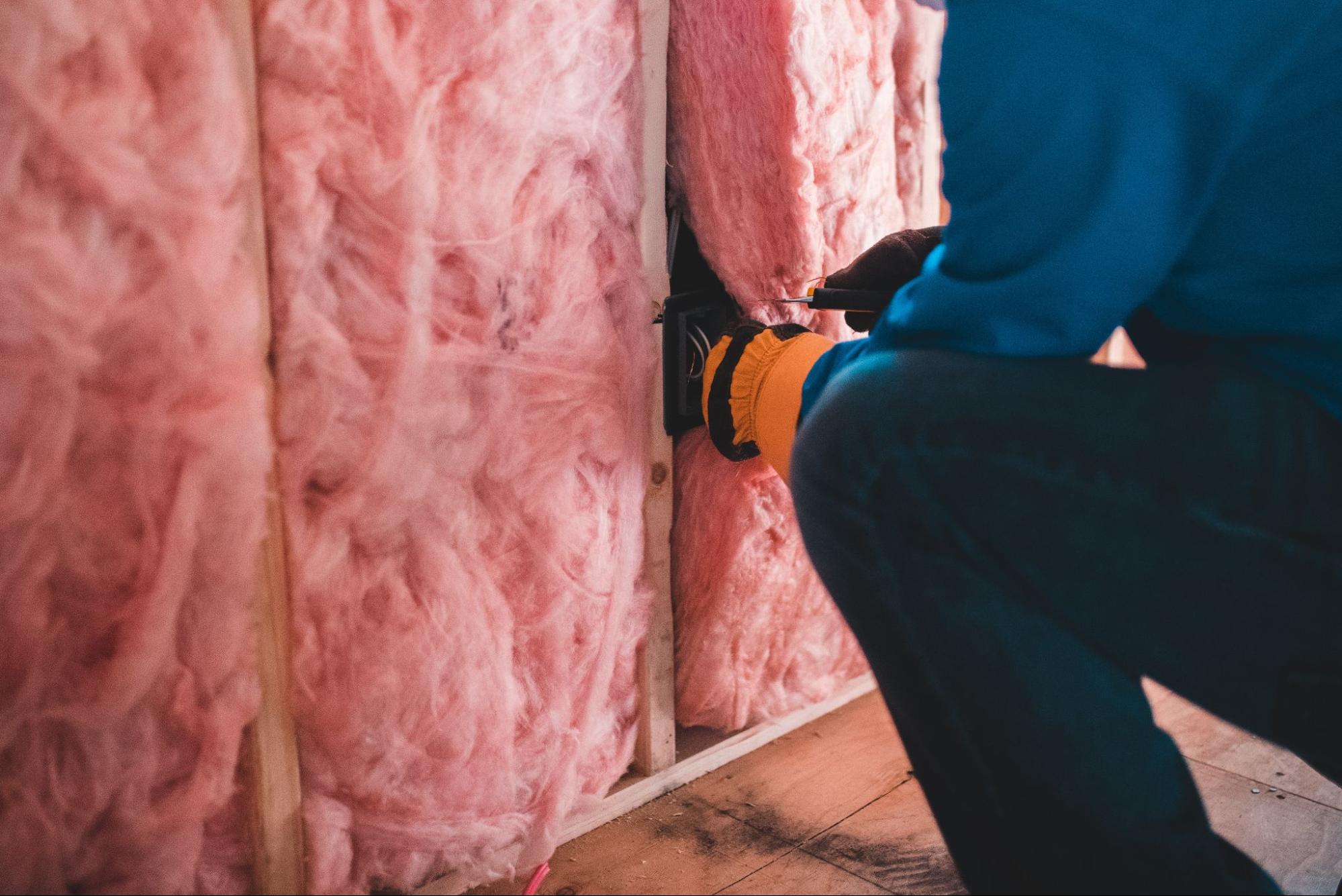
The number/size of windows in your home
Bright homes with plenty of natural daylight receive more sun than those in shaded areas and also allow more cold air to escape.
When assessing the size of the AC unit you need, window count will be a factor—and it also affects how long the AC runs.
Florida homes that receive more sunlight and allow cold air to escape through their windows generally require more cooling to reach a comfortable temperature (all else being equal). The AC, therefore, needs to run longer.
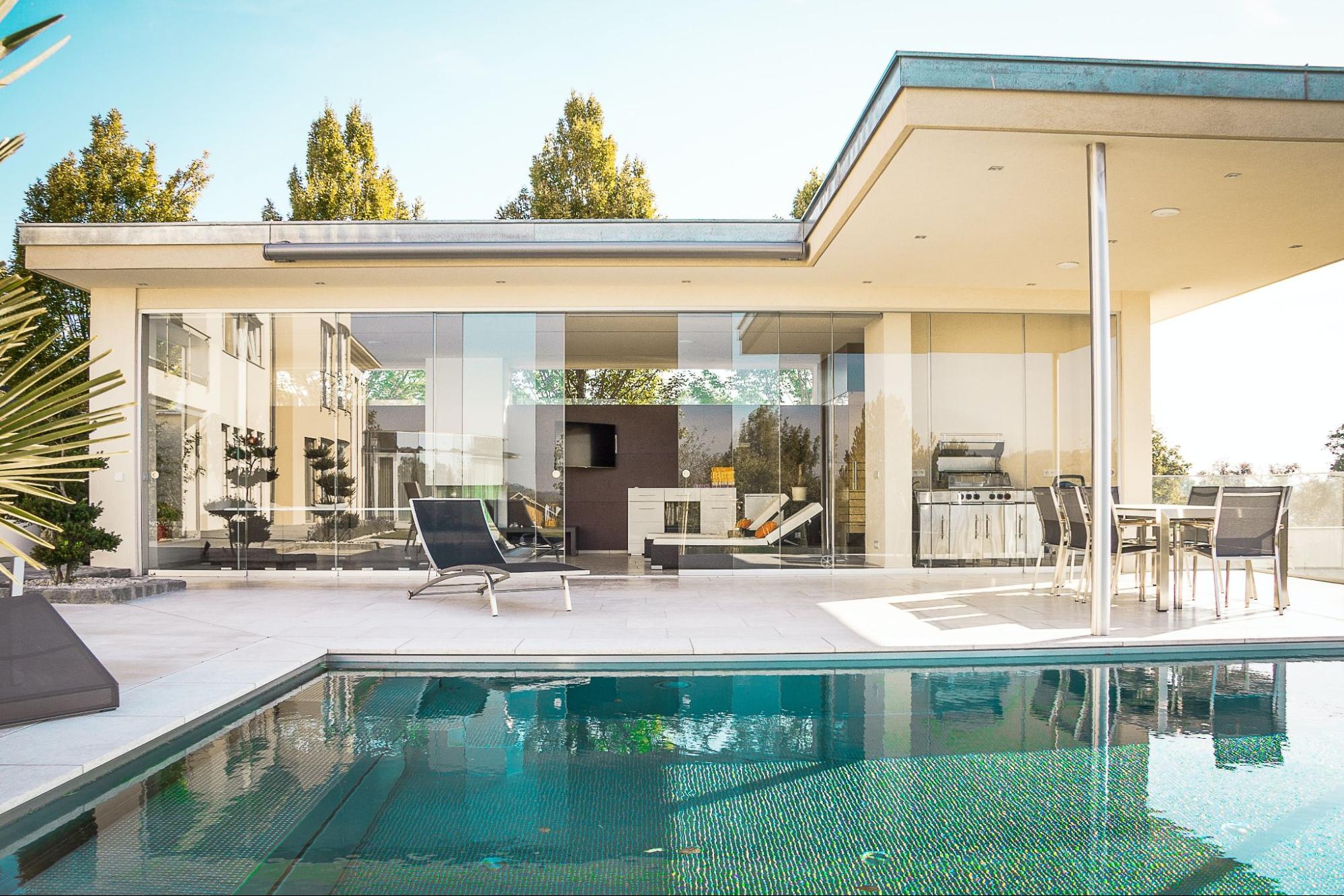
The condition of your AC unit
An air conditioning system that is well maintained is more likely to work optimally with the right length of cooling cycles to match the comfort needs of your home.
A bi-annual maintenance check (ideally, before and after the hottest times of the year) is advisable in southwest Florida where the AC is used all year round.
If you neglect service calls, problems may creep up, including a gradual extension of cooling cycles, short cycling or other more obvious problems requiring repairs.
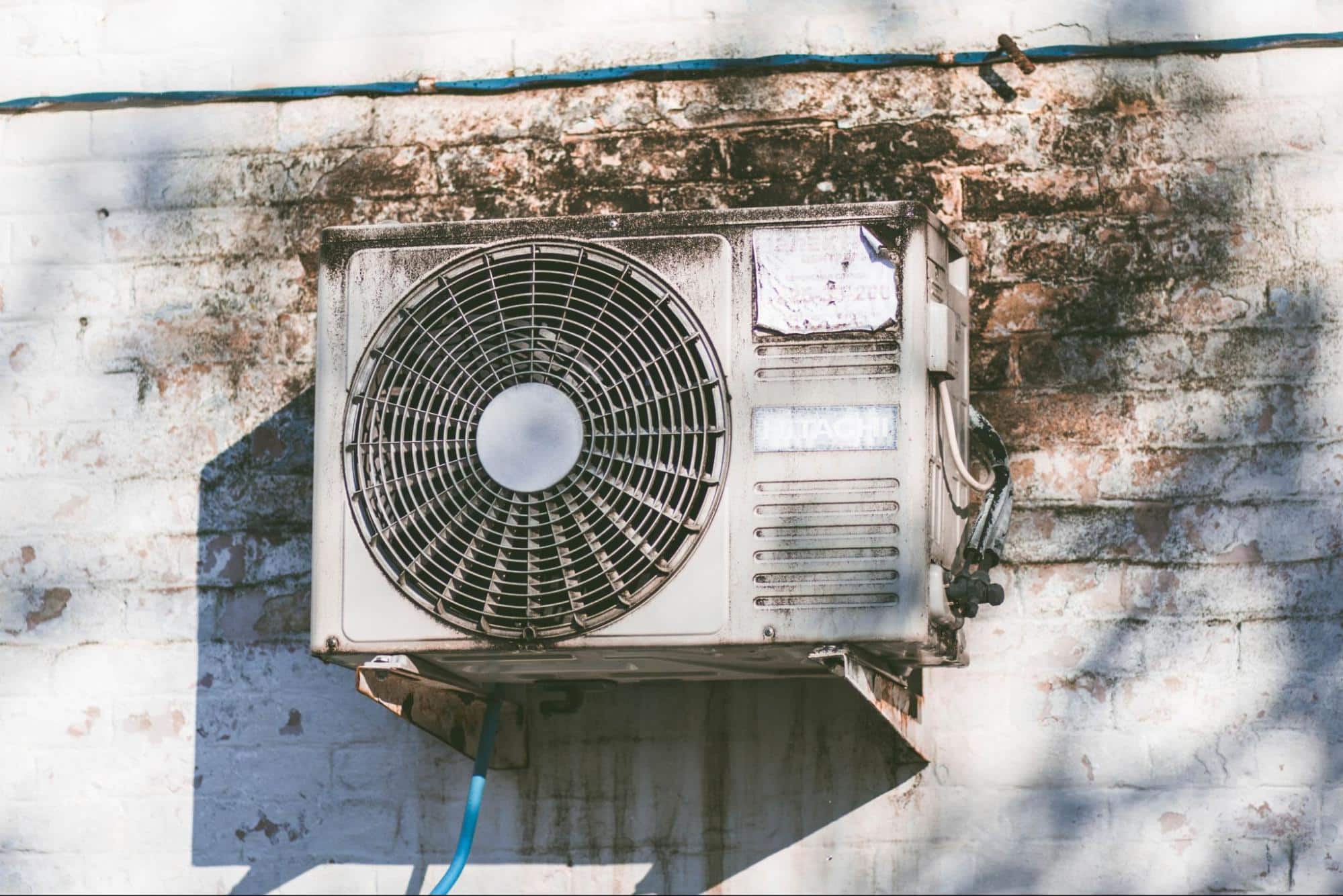
If your AC runs all day long, especially on hot days, it may be time to book an AC tune-up.
Whether airflow is restricted or blocked
If airflow is restricted in your air conditioning system, it can cause numerous issues. Most commonly, a clogged air filter means that air doesn’t flow through the system efficiently.
Unless filters are regularly cleaned, the AC can become frozen with ice forming on the evaporator coils that may also have become clogged with dirt (reducing their cooling efficiency).
When your cooling system has problems like these, the AC may run for extended periods and work harder to cool your spaces.
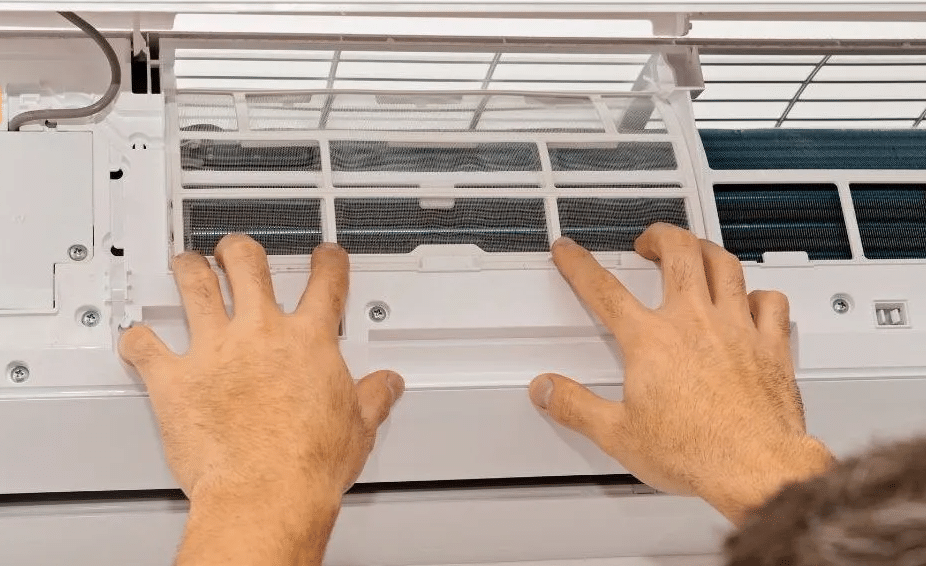
Refrigerant leaks
A well-maintained and fully operational modern AC system should not leak refrigerant but older, lower-quality or neglected units may encounter this issue.
A lack of refrigerant in the system due to a leak can cause icy buildup in your AC. Your system will also cycle for longer to cool your home, leaving you sweating in the meantime. It may never reach the right temperature—until you fix the leak. If you notice ice or puddles under your AC unit, contact our emergency AC services for reliable repairs.
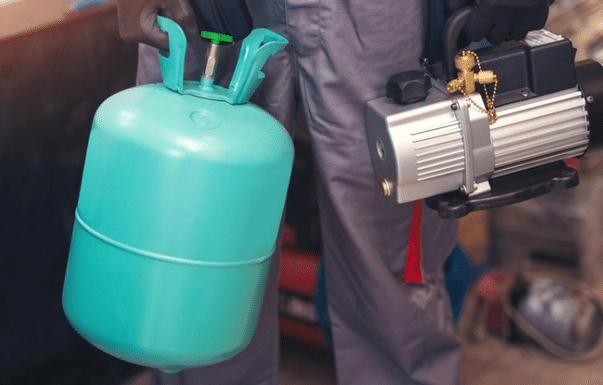
What is short cycling?
A short-cycling AC unit cools for less than 10 minutes before shutting off. So, it starts up and stops at least five or six times per hour.
This could be for numerous reasons but, most commonly, it points to problems such as dirty coils, electrical issues, drain blockages or thermostat errors. Alternatively, your AC unit could be too small for the spaces you’re trying to cool.
Whatever is causing the short cycling, the problem can create havoc with your AC and needs to be resolved. Otherwise, permanent damage may be caused to key components of the system, such as the compressor, and your electricity bills will increase.
How long is too long for an AC to run?

Long cooling cycles exceed the standard 15-20 minutes (remember, this is generally adequate to cool spaces if the right size unit is in place and functioning normally).
An AC that runs too long may be inadequately sized for your home. Another problem could also be affecting the cooling system, such as leaky ductwork, dirty air filters or low refrigerant levels. Either way, it’s not good news for your energy usage.
Cycling for “too long” is not to be confused with an AC system that runs longer on super-hot days, which is quite normal. When the mercury hits over 90 and humidity levels are high, the AC system simply needs to run longer to cool the space and keep it at a comfortable humidity level.
What if my AC runs all the time?
Many types of ACs can be left to run all day without any issues—but that doesn’t mean they need to be cooling all the time. Smart thermostats mean that you can program temperatures remotely and maintain control even when you’re not at home.
AC systems that are designed for 15-20-minute cycles may not react well to being asked to run all the time without resting between cycles—especially on the hottest days. They are likely to rapidly develop issues, shorten their lifespans, and inflate your electricity (and repair) bills.

So, if your AC is showing signs that something is wrong, don’t make the problem worse. An air filter may simply need cleaning or changing before it leads to other issues.
How long should the AC run on 100-degree days?
Thankfully, there are rarely days over 100 degrees in southwest Florida. Since records began in 1902, there have only been 12 days over 100F in Fort Myers.
However, 90+ days are frequent and during these periods, your AC may seem like it’s cooling almost all the time. This is not a reason to worry if your AC appears to be operating normally, i.e., it’s cooling adequately, the indoor air quality is fine and not too humid, the unit is not making any strange noises or leaking, energy bills are normal, and everyone’s comfortable.
If comfort levels are disturbed or you notice any problems with your AC at the same time that it seems to be cycling for too long, read our article on AC troubleshooting and get in touch with a professional for an inspection of your system.

How long should AC run after reaching the right temperature?
Your AC should normally run for around 15-20 minutes to reach the required temperature and then switch to “fan mode”. The thermostat should restart the cooling cycle only once the temperature rises again above the specified setting. This should keep both the indoor temperature and humidity at the right levels.
Otherwise, the AC unit may be the wrong size or there may be a problem with it—most AC problems arise from restricted airflow (especially from blocked filters) but you should not discount a more serious underlying issue.
Get optimal AC performance in SWFL
Air conditioning installations and AC running costs are a major financial commitment for Florida homeowners.
If you’re familiar with how your system runs, you’re more likely to recognize any problems immediately and seek the right professional assistance to repair any issues. This helps to protect the investment you’ve made in your AC.
If you’re not sure whether your AC is cycling correctly, an experienced service or repair technician at One Way Air can take a look and make any adjustments as necessary.
If you’re in SWFL and have any issues with your cooling system, contact One Way Air to arrange a full inspection and fix.

